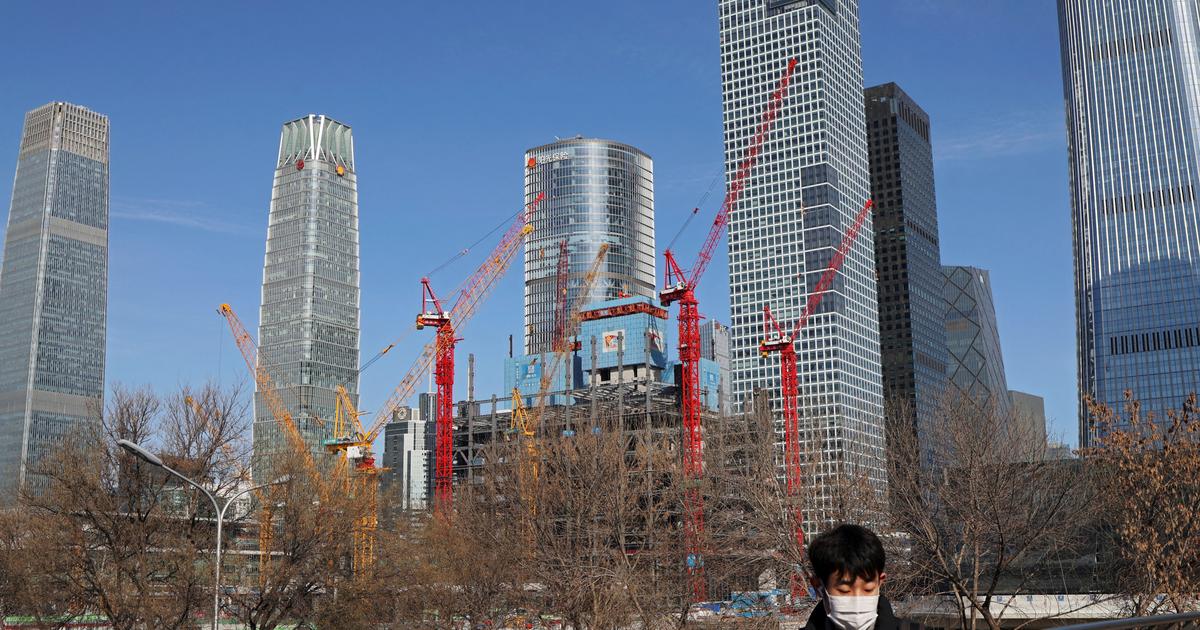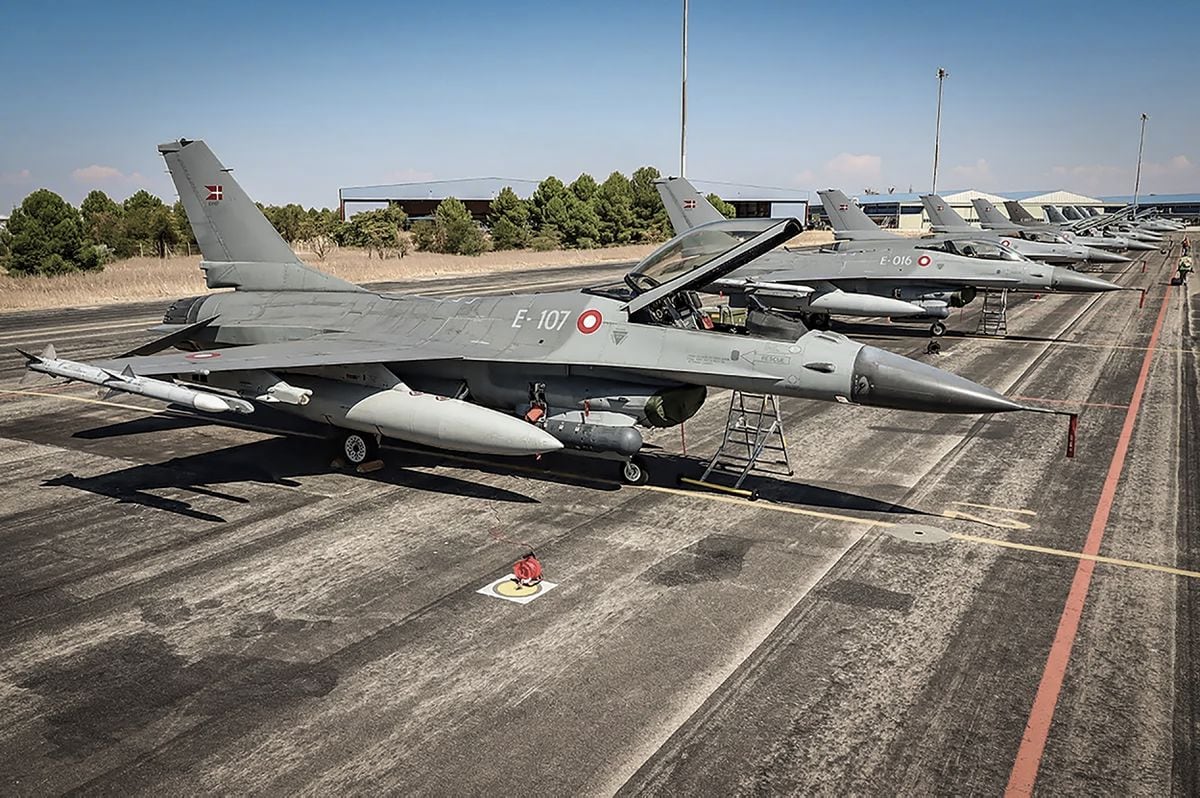Africa, a promise of growth. The continent is rich in resources and has the world's largest population growth. It is a huge sales market for the consumer goods of the future.
In Europe, it is spoken in Sunday speeches, but realpolitik with regard to its African neighbors is mostly determined by apocalyptic warnings of mass immigration. and Russia, on the other hand, view the situation with capitalist gravity. Above all, you see opportunities - and good business.
Russian President Vladimir Putin is currently working hard to expand his country's presence on the African continent. His efforts for Africa have also intensified because the Russian economy has suffered since 2014 from the sanctions imposed by the Crimean annexation of the US and the EU. Russia is looking for new partners who do not care about Putin's Crimean policy when the ruble rolls.
On Wednesday in Sochi, for the first time, a Russia-Africa summit will begin for economic exchange. Thematic priorities, as they are in the program of the two-day meeting: raw materials, especially precious stones, rare earths, oil and gas, from Africa. And: sell military equipment, such as jets, helicopters, tanks, and surveillance equipment to African countries.
In the summit program, the hard-hitting economic agenda is barely concealed with the claim of international world politics. "Cooperation in the Humanitarian and Social Sector: A Safe Africa" is a debating theme. On the panel then speak the vice-chief of the Russian arms exporter Rosoboronexport, a manufacturer of digital vehicle scanners and the head of development of a manufacturer of surveillance software and cameras on counter-terrorism. Then there is a government official from Libya.
"Use minerals in Africa for the benefit of its people"
Other panel topics include "Russian-African cooperation in the diamond industry" or "Using minerals in Africa for the benefit of its people". For, according to the description, "since the Soviet era, Russian specialists have been involved in systematic geological investigations on the continent." From this, claims can be derived, or at least a say. Elsewhere, it's about the estimated 129 billion barrels of crude oil stored in African soils.
A special topic is the development of a media and NGO landscape based on the Russian model, focusing on the "sovereignty" of African states. What this means is that where Western financiers and international organizations such as the World Bank or the International Monetary Fund (IMF) sometimes impose conditions in terms of liberalization programs or respect for human rights and environmental standards, Russia offers understanding of African strong men of the type John Magufuli (Tanzania), Salva Kiir (South Sudan) and Yoweri Museveni (Uganda), as well as non-interference, when it should be autocratic regulated there with Russian money and Russian weapons.
This fits in with Russia's previous preference for African states where democracy is poor:
- The military dictatorship of Egypt is a privileged partner. There, east of Port Said, there is a Russian Special Economic Zone, almost as big as Gibraltar.
- Algeria is the largest single buyer of Russian weapons, with around a third of total Africa exports landing there in exchange for access to Algerian gas.
- In the Central African Republic, 200 Russian military advisers are deployed and the bodyguard of Head of State Faustin Archange Touadéra is led by a Russian mercenary. This is used to access resources such as uranium. The country has not developed much since the intensive deployment of Russian helpers.
With more than a dozen states, Russia has already signed military treaties on the continent. If the African countries were still very divided in the Cold War, whether they follow the West or the Eastern bloc, shows a vote in December 2018 in the UN General Assembly: With Russia it is better not to lose one. When it was decided by a roll call on a condemnation of the militarization of the Crimean peninsula, only the African micro-states of Liberia and Djibouti voted with the West. In Russia's opinion, on the other hand: Brurundi, Zimbabwe, South Sudan and Sudan. Abstentions: almost two dozen. Noteworthy: Almost half of the African countries were not represented in the vote.
It will be completely different in Sochi. More than 50 heads of state were invited to the city on the Black Sea, almost all come personally: 43 have announced themselves, another eleven states will be represented with vice presidents, foreign ministers and ambassadors, reports the Kremlin.
The Chairmen of the African Union (AU), the Southern African Development Community (SADC), the Economic Community of West African States (ECOWAS) and officials from the Maghreb and Sahel countries and the African Export Import Bank (Afreximbank) were also invited. The newly crowned Nobel Peace Prize laureate Abiy Ahmed from Ethiopia will travel to Sochi. There is hope that he will agree with the Egyptian head of state Sisi on the lengthy dispute between the two countries over the use of Nile water.
Ethiopia is home to Africa's largest hydropower plant
Putin and Sisi want to announce a special coup at the summit: 2020 should be the year of humanitarian cooperation between Russia and Egypt. It will be interesting to see if there is more to it than another nice promise.


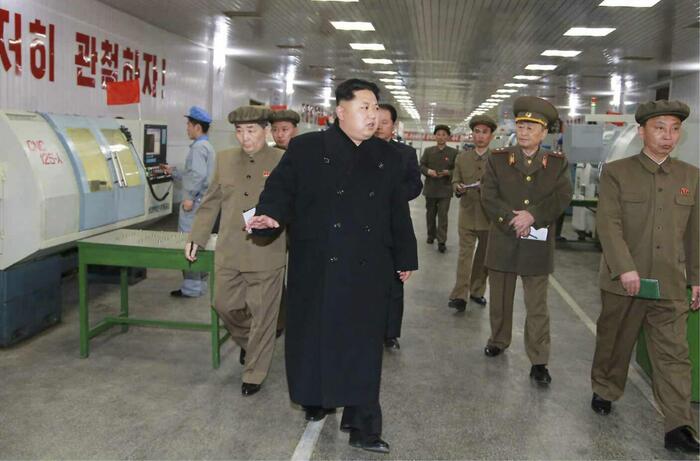


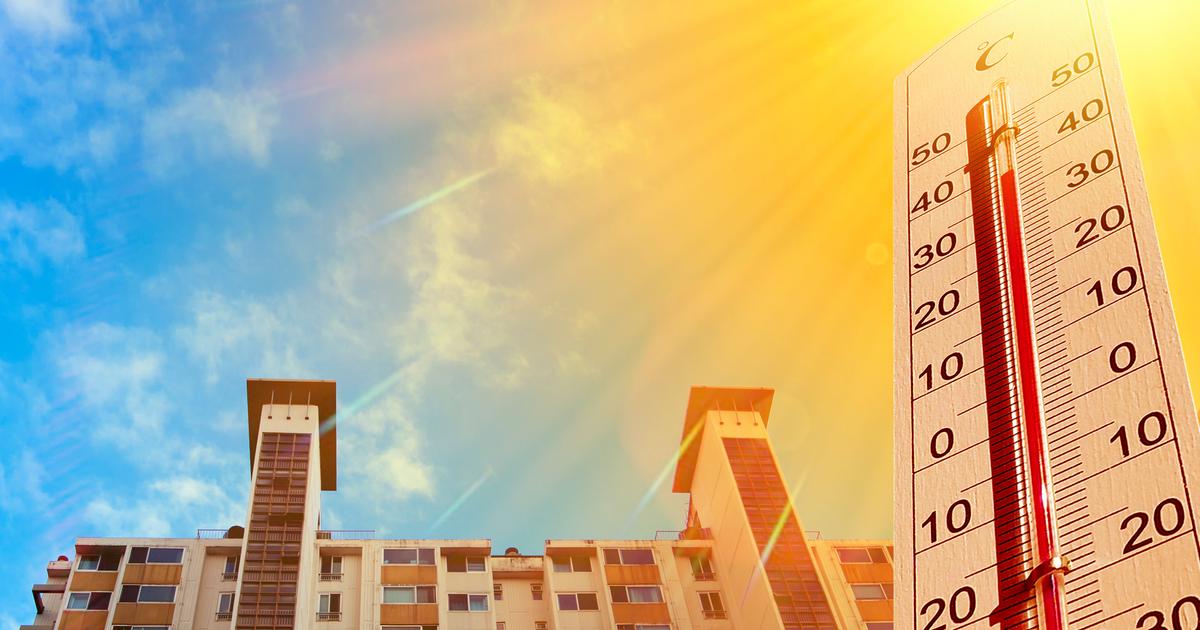
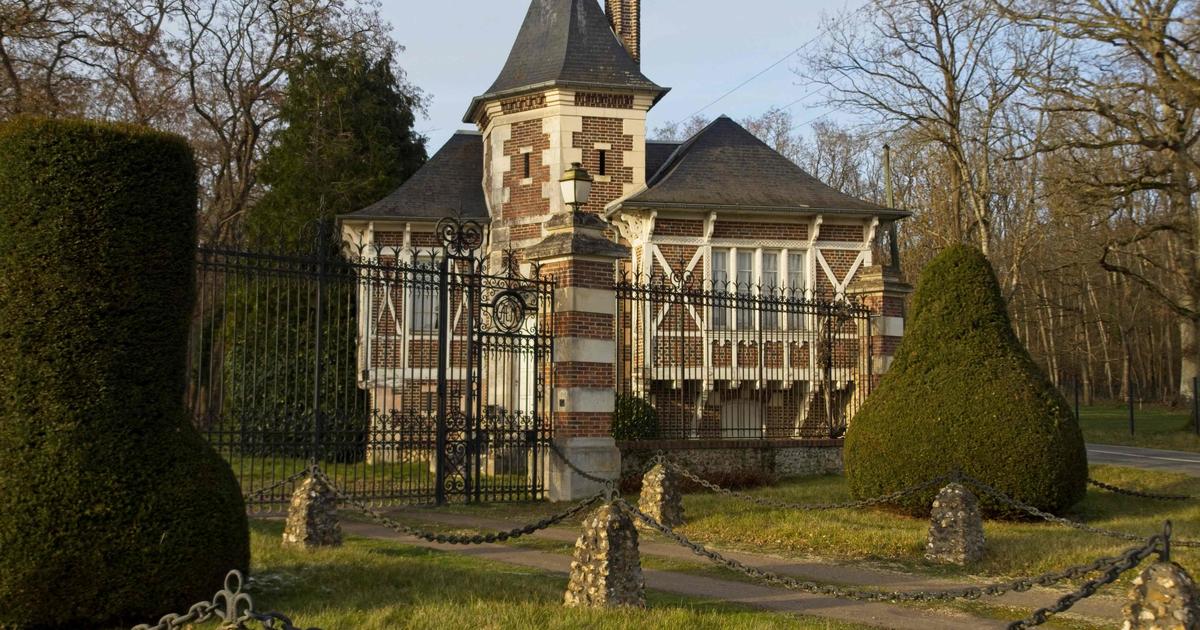
/cloudfront-eu-central-1.images.arcpublishing.com/prisa/6WHQ33XR3HYGK3XMPJOBJ4KMNE.jpg)
